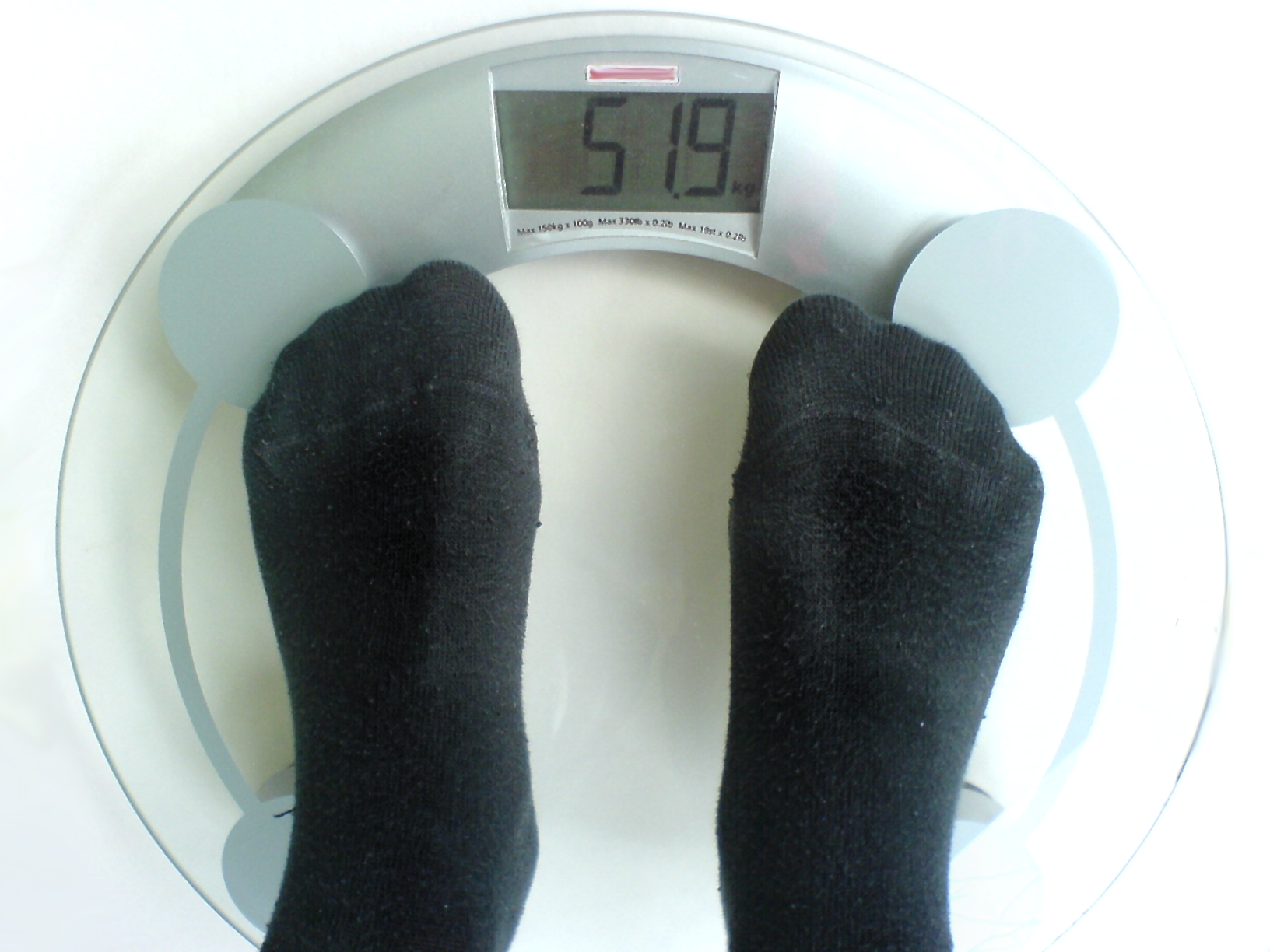Childhood Obesity Study
“A childhood obesity intervention developed by families for families: results from a pilot study” (International Journal of Behavioural Nutrition and Physical Activity 2013) reports on a project led by Kirsten K Davidson and her team based in a Head Start program in New York state. Ineffective family interventions for the prevention of childhood obesity have, in part, been attributed to the challenges of reaching and engaging parents. With a particular focus on parent engagement, this study utilized community-based participatory research to develop and pilot test a family-centered intervention for low-income families with preschool-aged children enrolled in Head Start.
During year one, parents played an active and equal role with the research team in planning and conducting a community assessment and using the results to design a family-centered childhood obesity intervention. During year two, parents played a leading role in implementing the intervention and worked with the research team to evaluate its results using a pre-post cohort design.
Key intervention components included:
- Health Communication Campaign: Posters were displayed on a rotating basis in all Head Start (HS) centers for 3-4 weeks each. Each poster was also sent home as a flyer with information about other components of the CHL program printed on the back.
- Revised Body Mass Index (BMI) letters: Letters sent home to families with results from their child’s height and weight measurements were revised, based on parent feedback, to improve the accessibility of information for parents. Additional information outlined how to interpret child BMI and weight status and identify community resources to prevent/treat overweight in children.
- Family nutrition counseling: Informal nutrition counseling sessions were integrated into HS family engagement activities. Local nutrition graduate students attended Head Start family events, provided samples of healthy foods and answered any questions parents had regarding their child’s and their own nutrition and weight status.
- Parents’ Connect for Health Living Program: Six weekly 2-hour sessions implemented in each HS center. All sessions addressed skills that parents were most interested in gaining, incorporated materials/examples around healthy living, and included workshops by local organizations (e.g. media literacy training provided by a local public broadcasting station). Sessions were led by trained parent leaders in conjunction with an experienced group moderator.
- Child program: Held concurrently with the parent program for children accompanying their parents. Engaged children in activities similar to the parent program. Mini workshops were run by local organizations (e.g. dance studios, karate).
 Compared with pre intervention, children at post intervention exhibited significant improvements in their rate of obesity, light physical activity, daily TV viewing, and dietary intake (energy and macronutrient intake). Parents at post intervention reported significantly greater self-efficacy to promote healthy eating in children and increased support for children’s physical activity.
Compared with pre intervention, children at post intervention exhibited significant improvements in their rate of obesity, light physical activity, daily TV viewing, and dietary intake (energy and macronutrient intake). Parents at post intervention reported significantly greater self-efficacy to promote healthy eating in children and increased support for children’s physical activity.
The report concludes that empowering parents to play an equal role in intervention design and implementation is a promising approach to family-centered obesity prevention and merits further testing in a larger trial with a rigorous research design.
